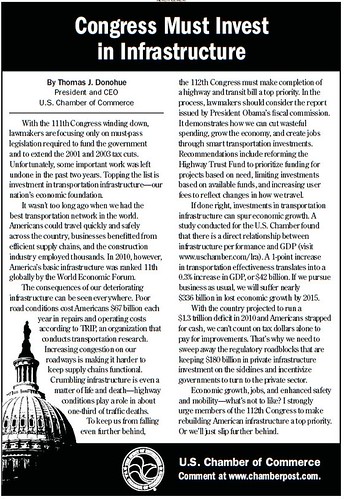Its owner, Philip Anschutz (as I have mentioned before) is the recipient at least $300 million in tax incentive payments concerning the development of the Staples Center in Los Angeles. See "
Anschutz forges glittering L.A. empire" from the
Denver Post.
Again, it's not unreasonable to get tax incentives, if the development contributes in a variety of ways to community and economic development objectives. From the article:
The Staples Center, which draws nearly 4 million customers a year, contributed to a 30 percent increase in the number of visitors to downtown L.A. between 2003 and 2005, according to a study by the Los Angeles County Economic Development Corp. "There is no question that Staples was transformative. I look at downtown and I refer to it as BSC and ASC - Before Staples Center and After Staples Center," said Carol Schatz, president of the Los Angeles Downtown Center Business Improvement District.
It's just that the
Examiner is not so measured in consideration in its coverage of this issue concerning non-Anschutz interests. Also see "
Los Angeles Corporate Welfare: Ritz-Carlton and AEG: Rich entities siphon taxpayer money while real communities struggle" from the
Los Angeles Weekly. (AEG stands for Anschutz Entertainment Group.)
The way the newspaper rails against tax incentives in articles and editorials, while its corporate owner benefits from them, is hypocritical. At least when the Washington Post editorializes about issues (for profit education, broadcasting) in which the corporate owner is self-interested in, they disclose it.
Not unlike how the US Chamber of Commerce calls for federal investment in infrastructure, while simultaneously advocating for hyperlow taxes and spending campaign advertising dollars on candidates (Republicans) least likely to support this kind of spending.
Ad from the Examiner.
Labels: Growth Machine, hypocrisy, media and communications




0 Comments:
Post a Comment
<< Home